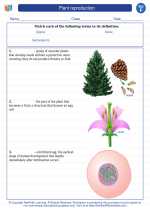Experiments
An experiment is a scientific procedure undertaken to make a discovery, test a hypothesis, or demonstrate a known fact. It involves making observations and measurements to test a hypothesis or theory. Experiments are essential in the scientific method as they allow scientists to gather empirical evidence and validate or refute their hypotheses.
Types of Experiments
There are several types of experiments, including:
- Laboratory Experiments: These are conducted in a controlled environment, allowing for precise measurements and control over variables.
- Field Experiments: These take place in natural settings, such as the environment or a specific population.
- Controlled Experiments: These involve the manipulation of one or more variables to study the effects on the outcome.
- Quasi-Experiments: These are similar to controlled experiments but lack random assignment of subjects to experimental and control groups.
Steps of an Experiment
The typical steps involved in conducting an experiment are:
- Identifying the Problem: Define the research question or problem to be addressed by the experiment.
- Formulating a Hypothesis: Develop a testable statement that predicts the outcome of the experiment.
- Designing the Experiment: Plan and set up the procedures, materials, and variables to be tested.
- Conducting the Experiment: Carry out the procedures and collect data through observations and measurements.
- Analyzing the Data: Organize and interpret the data to draw conclusions about the hypothesis.
- Drawing Conclusions: Determine whether the data supports or refutes the hypothesis, and discuss the implications of the findings.
- Communicating the Results: Share the experiment's findings through reports, presentations, or publications.
Importance of Experiments
Experiments are crucial in science for several reasons:
- They provide empirical evidence to support or refute hypotheses, leading to the advancement of knowledge.
- They allow for the testing of cause-and-effect relationships and the identification of patterns and trends.
- They enable scientists to make predictions and validate theories through systematic observation and experimentation.
Study Guide
When studying experiments, it's important to understand the following key concepts:
- The scientific method and its application in conducting experiments.
- The different types of experiments and their characteristics.
- The steps involved in designing and conducting an experiment.
- The significance of experiments in advancing scientific knowledge.
Additionally, it's helpful to practice designing and analyzing experiments, interpreting data, and drawing conclusions based on experimental results.
Remember to always follow safety procedures and ethical guidelines when conducting experiments, and to seek guidance from teachers or professionals when needed.
Good luck with your studies!
[Experiments] Related Worksheets and Study Guides:
.◂Science Worksheets and Study Guides Sixth Grade. Plant reproduction
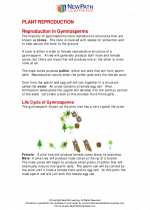
 Activity Lesson
Activity Lesson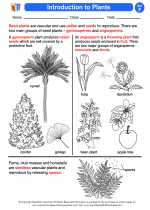
 Worksheet/Answer key
Worksheet/Answer key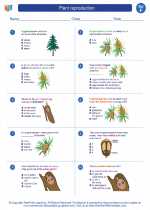
 Worksheet/Answer key
Worksheet/Answer key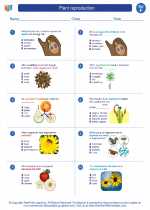
 Worksheet/Answer key
Worksheet/Answer key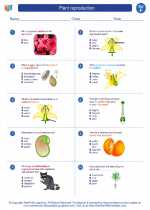
 Vocabulary/Answer key
Vocabulary/Answer key